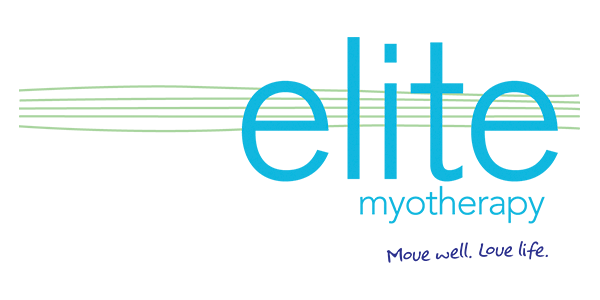Modern living, characterised by sedentary lifestyles and prolonged periods of sitting, especially in office environments, significantly impacts a person’s mobility and flexibility. This shift towards less physically demanding routines can lead to a range of musculoskeletal issues and discomforts.
Impact of Modern Living on Mobility and Flexibility
- Reduced Physical Activity: The sedentary nature of many jobs and leisure activities leads to decreased physical activity, contributing to muscle weakness and reduced joint mobility.
- Poor Posture: Prolonged sitting, especially with improper posture, can cause muscle imbalances. This often leads to conditions such as rounded shoulders, forward head posture, and lower back pain.
- Repetitive Strain Injuries: Repetitive motions, such as typing or using a mouse, can lead to overuse injuries like carpal tunnel syndrome or tendonitis.
- Decreased Flexibility: Lack of movement can result in decreased flexibility, making muscles and joints stiffer and more prone to injury.
- Chronic Pain Conditions: Sedentary lifestyles contribute to the development of chronic pain conditions, including back pain, neck pain, and sciatica.
How Myotherapy Can Help
- Alleviating Pain and Discomfort: Myotherapy offers various techniques like massage, dry needling, and trigger point therapy to alleviate pain caused by muscle tension and imbalances resulting from modern living.
- Improving Mobility: Myotherapists use manual therapy techniques and targeted exercises to enhance joint mobility and flexibility, countering the effects of prolonged sitting and inactivity.
- Correcting Postural Imbalances: Through assessment and tailored exercises, myotherapy can help in correcting postural imbalances, reducing the risk of pain and discomfort associated with poor posture.
- Managing Repetitive Strain Injuries: Myotherapy is effective in managing and preventing repetitive strain injuries through techniques that target the affected muscles and tendons, promoting healing and pain relief.
- Enhancing Recovery and Rehabilitation: For those recovering from musculoskeletal injuries, myotherapy can accelerate the healing process, improve functional movement, and prevent re-injury.
- Promoting Overall Well-being: Beyond addressing specific pain points, myotherapy takes a holistic approach, considering lifestyle factors and providing advice on exercises, ergonomics, and daily habits to improve overall health and well-being.
- Preventative Care: Regular myotherapy sessions can serve as a form of preventative care, maintaining muscle health, flexibility, and mobility, and preventing the onset of pain and discomfort.
In conclusion, while modern living poses challenges to mobility and flexibility, leading to various common conditions and discomforts, myotherapy offers an effective means of addressing these issues. It not only helps in alleviating pain and discomfort but also plays a crucial role in enhancing and maintaining mobility and flexibility, essential for a healthy and active lifestyle.







